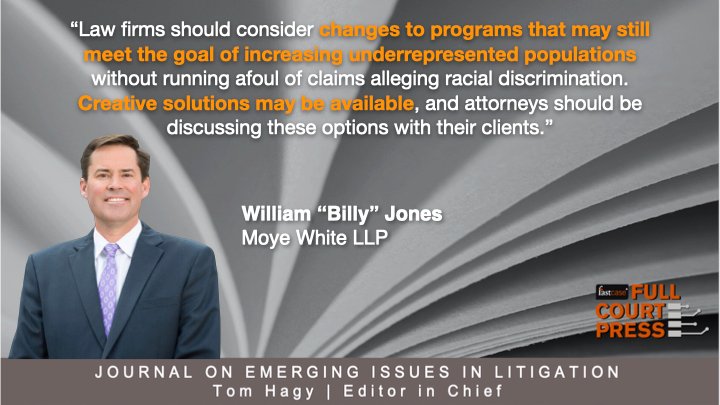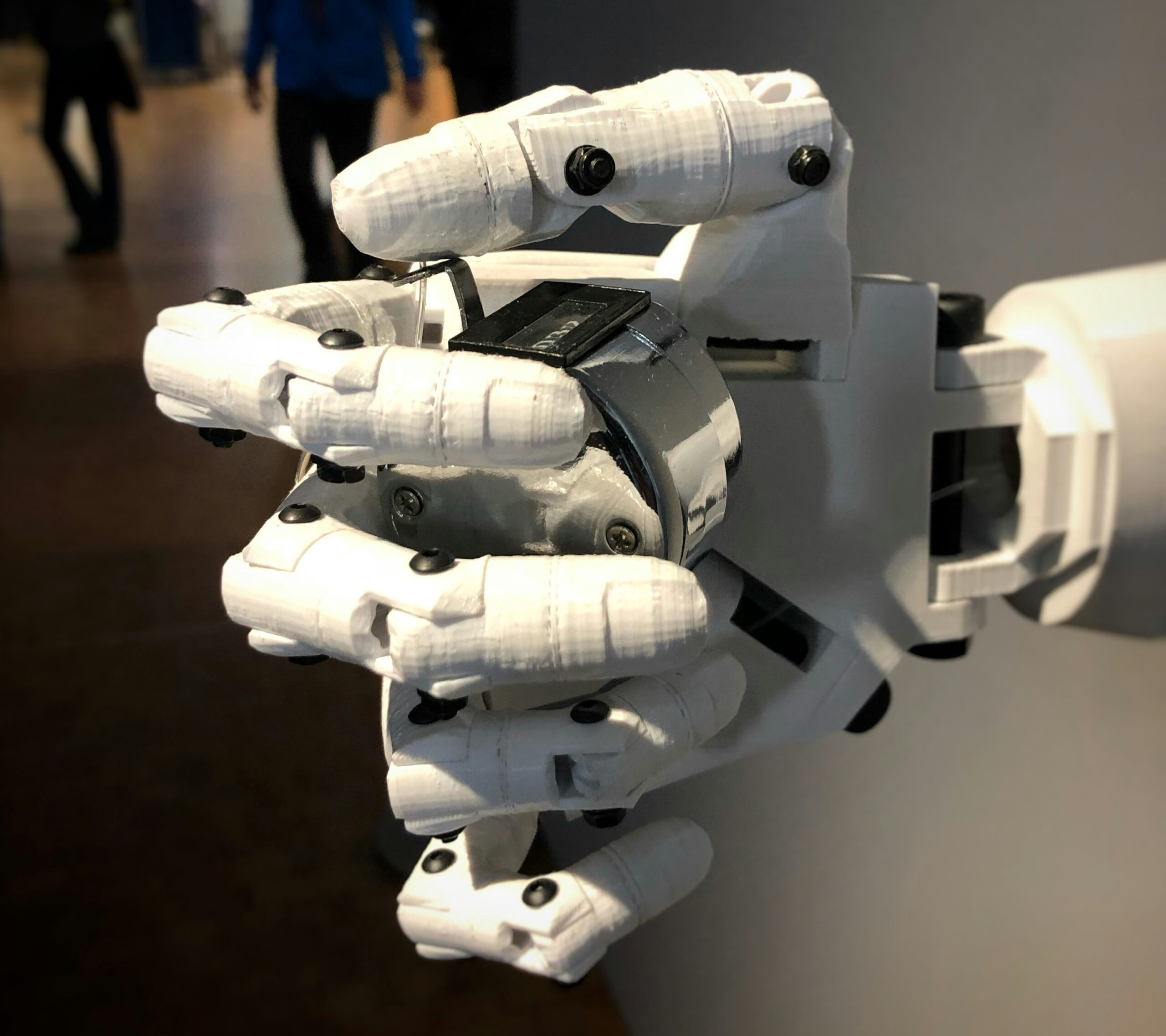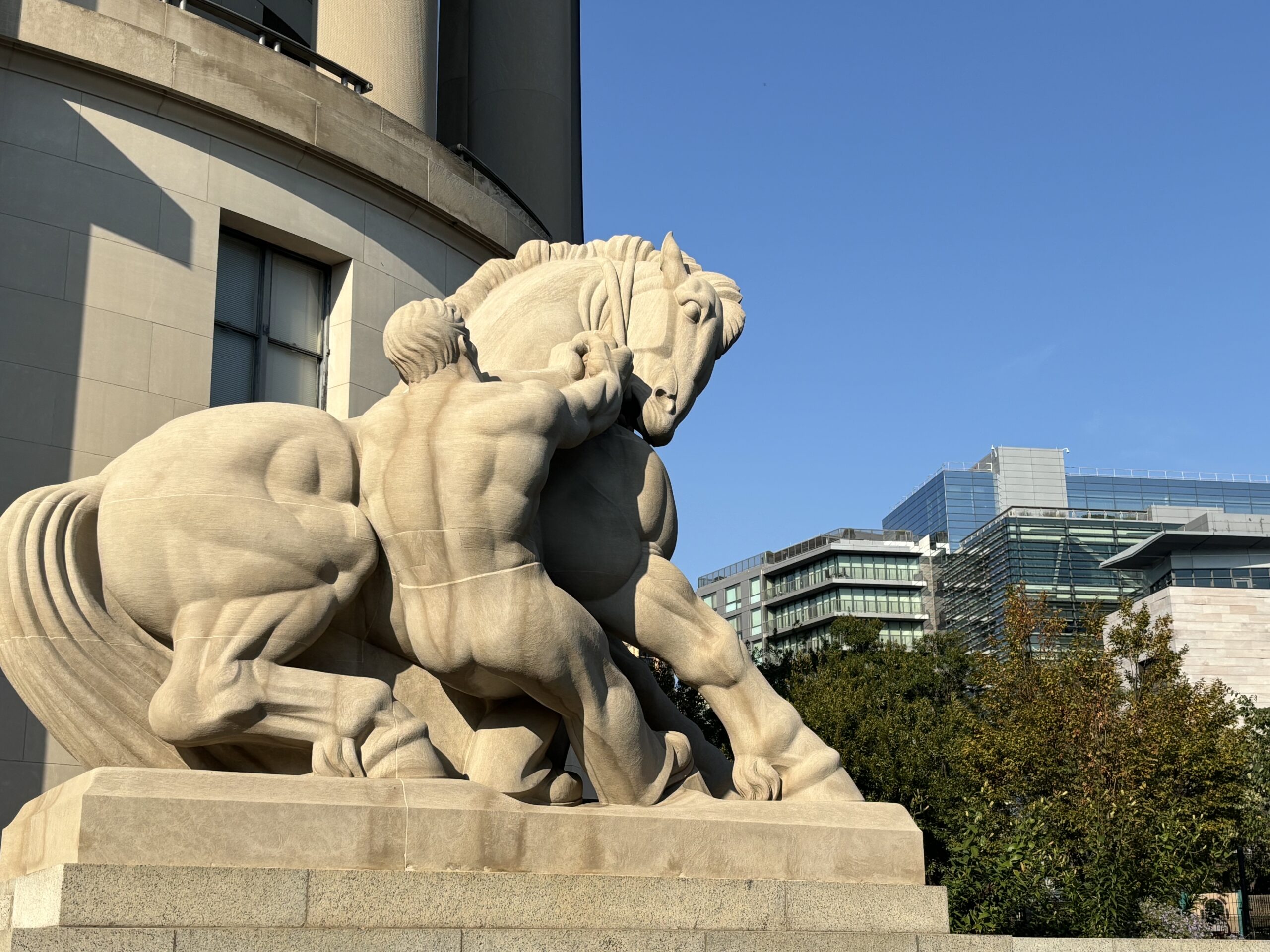Legal Analysis & Commentary
Practical and insightful commentary on a variety of topics — new legal theories or areas of litigation — that plaintiff attorneys, defense counsel, corporations, risk professionals, and others will want to be aware of. A typical article comprises several analytical pieces by practicing attorneys and subject matter experts. Articles often form the basis of podcast episodes and webinars.












